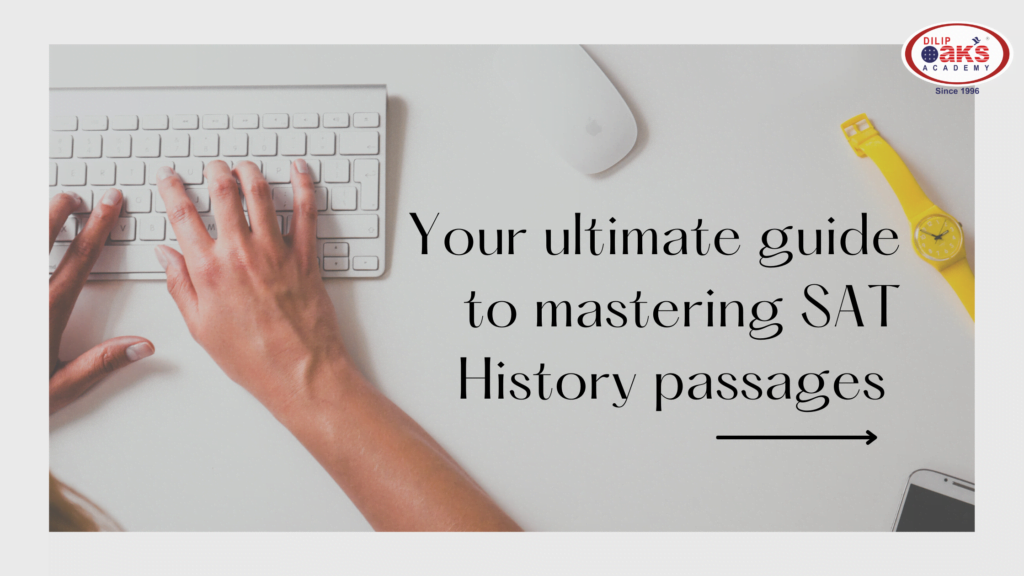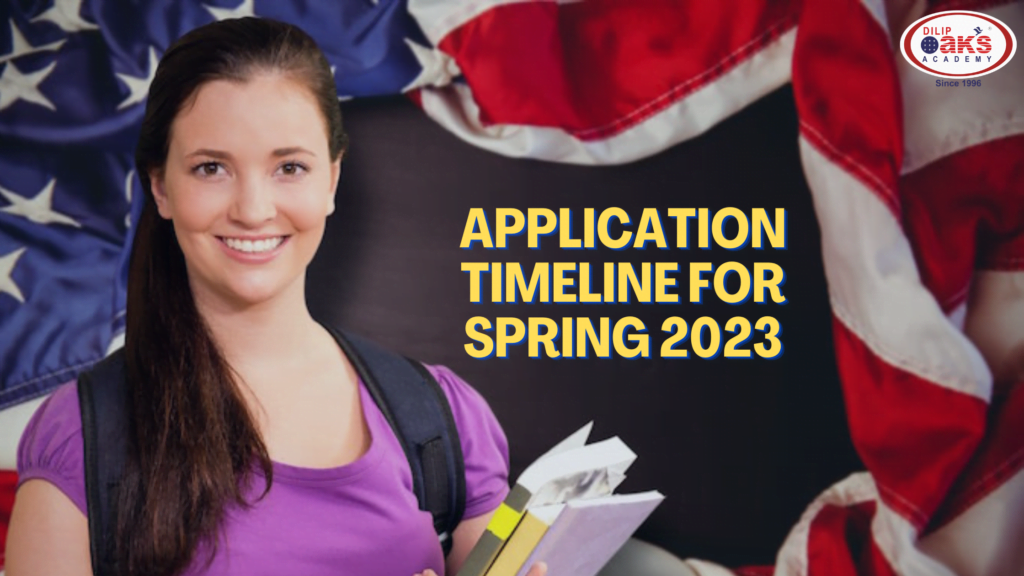MS in Spring 2024? Here’s what you need to know!
If you are planning for the January 2024 intake, this blog will help you plan systematically to fulfill your dream of MS in the US.
Before we get into the details, for those of you who are still on the fence about applying for the upcoming Spring semester because of the misinformation available online, the section below will allow you to confidently make your decision.
Should I Apply for the Spring Semester?
Some common misconceptions:
- Spring enrolment is lower at most schools. Not really! Nearly all colleges and universities in the United States accept new students for the spring semester. The only caveat is that some universities only offer certain classes in the fall semester, so new students who enroll in the spring miss out.
- Financial aid is scarce. Again, this is not correct. Financial aid opportunities in the spring are comparable to those in the fall. Also, most universities only give financial aid to students who have already completed one semester with a very good GPA in the form of Research and Teaching Assistantships, tuition waivers, etc. (Grade Point Average). Accordingly, it makes little difference whether you enroll in the fall or spring semester.
Now that you are better informed, the timeline mentioned below will help you plan your entire application process.
What is the Best Time to Apply for the Spring Semester?
The optimal time to submit an application for the spring semester is between June and July of the preceding year. While many schools continue to accept applications through September, ensure that you confirm your specific program deadlines.
Step by step guide to spring 2024 applications
Here is the application schedule for the upcoming spring semester. The following instructions are universal and should be followed by all students applying for the spring intake. There’s no time to waste now, so hurry up and get to work.
February – March 2023
- Review your goals for MS education and choose some specific areas in which you would like to specialize
- Register for the GRE and TOEFL/IELTS examinations – these examinations should preferably be taken by mid-June in order to have time to complete all of your online applications and courier the required documents by the end of July.
- Start preparing for GRE and TOEFL/IELTS, as it will take approximately 2-3 months to achieve your target score.
April – May 2023
- Make a preliminary list of about 30 universities that meet your requirements considering:
- Location
- Costs
- Broad specializations you are interested in
- Recommendations by seniors your professors etc.
- Whether your academic profile fits the university’s requirements.
- Arrange for 4 -5 sets of transcripts in sealed covers from your college or university – some universities insist on university transcripts
- Choose your recommenders (generally, 3 recommendations are required, at least one of which should be from the educational institute last attended) and give them the necessary details – resume, copies of your mark sheets etc.
- Start working on your Statement of Purpose (target date for completion 31 May 2023) and Resume
June-July 2023
- Take the GRE and TOEFL/IELTS exams latest by 20 July
- Carry out a comprehensive review of the 30 universities considering:
- Your academic performance in the bachelor’s degree
- GRE and TOEFL/IELTS scores of students admitted in the past
- Any minimum cut-offs with respect to GRE and TOEFL/IELTS scores
- Whether courses of your choice are offered in the spring semester
- Cost of education
- Complete your Statement of Purpose (SOP) and Resume
- Make your final shortlist of 8-10 universities.
- Request the ETS to forward your GRE and TOEFL scores (IDP for IELTS scores) to the universities you are applying to, specifying the correct codes for the universities/departments you are applying to.
- Complete the online application process and send the required documents by courier
This completes the application process; however, there are further steps to be taken:
- Track the status of your application on your status page of the university’s website. Though universities generally communicate decisions or requirements by either e-mail or post, it may happen that the only source of information is your status page.
- If there are any deficiencies in your applications (missing documents, non-receipt of GRE or TOEFL/IELTS scores, recommendations etc.), act immediately to correct the deficiencies.
- When you receive an offer letter from the universities (or when an admission decision is indicated on your status page), email your acceptance. This is very important, especially when you are offered funding.
- When you have accepted the university’s offer of admission and the documentation formalities are complete, the university will send you the 1-20, an immigration document, which is essential for obtaining a visa.
- When you receive the I-20, check that it is correct in all respects:
- Your name and date of birth should be exactly as in your passport
- Your course and course duration are correctly specified
- The financial sources indicated exceed the costs.
- Prepare the visa documentation
- Study the visa application formalities specified on the websites of the applicable US Consulate and the VFS (Visa Facilitation Services)
- Apply for a visa interview date – you can apply for a visa interview 120 days before the joining date mentioned on your I-20.
As India’s leading Study Abroad Consultants, we offer GRE, TOEFL, and IELTS coaching, GRE Self Prep and guide students with university selection, application essays, and visa counseling under our Admission Counseling Services for USA, Germany and UK.
Contact us at 020-67444222 or email us at support@dilipoakacademy.com.










